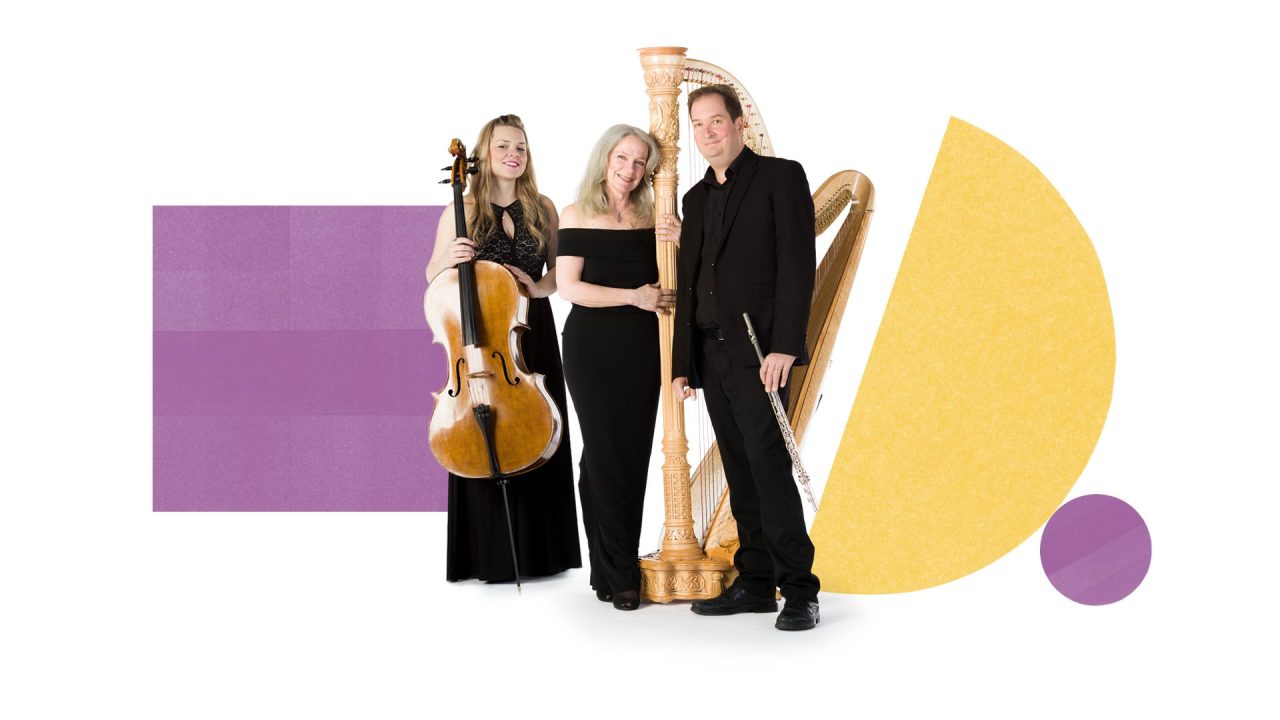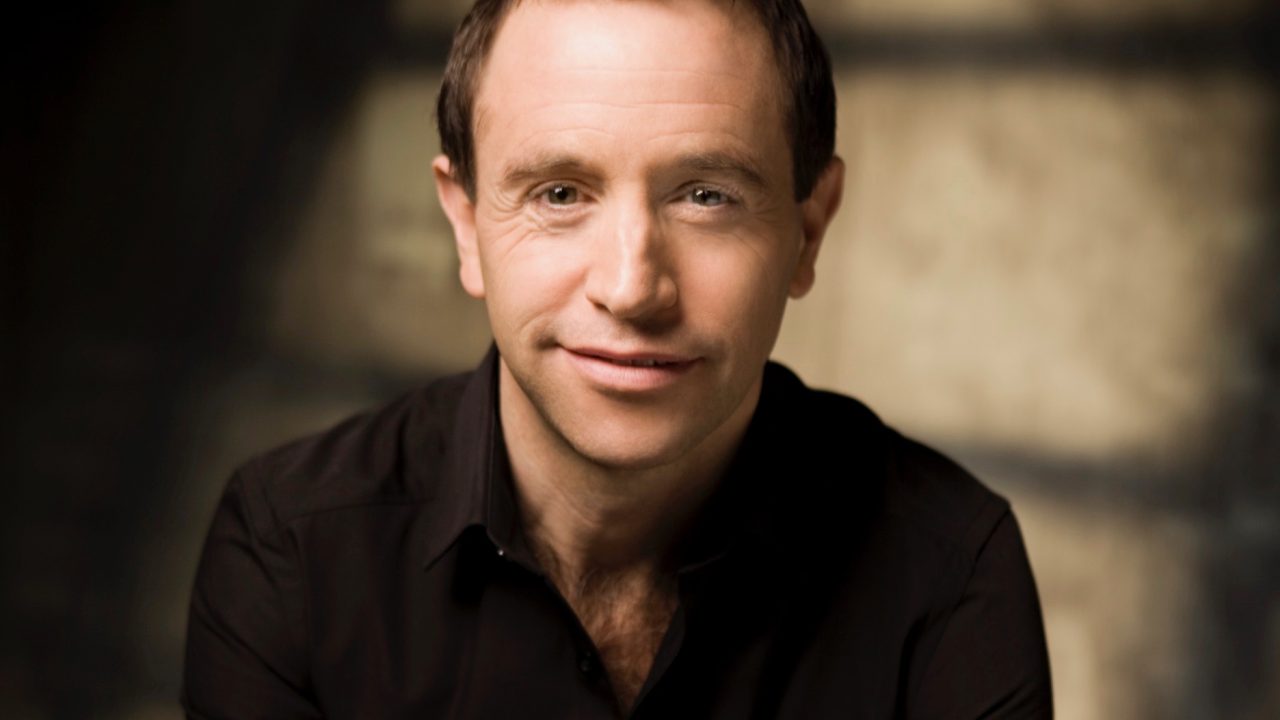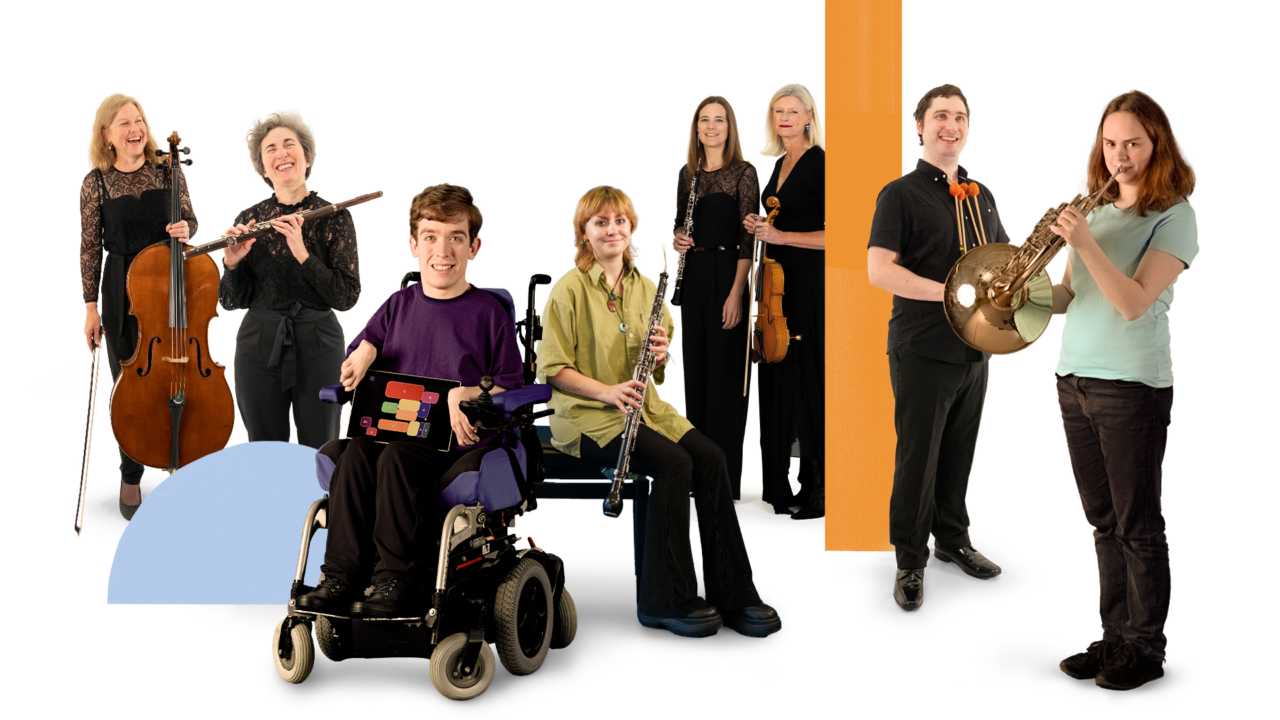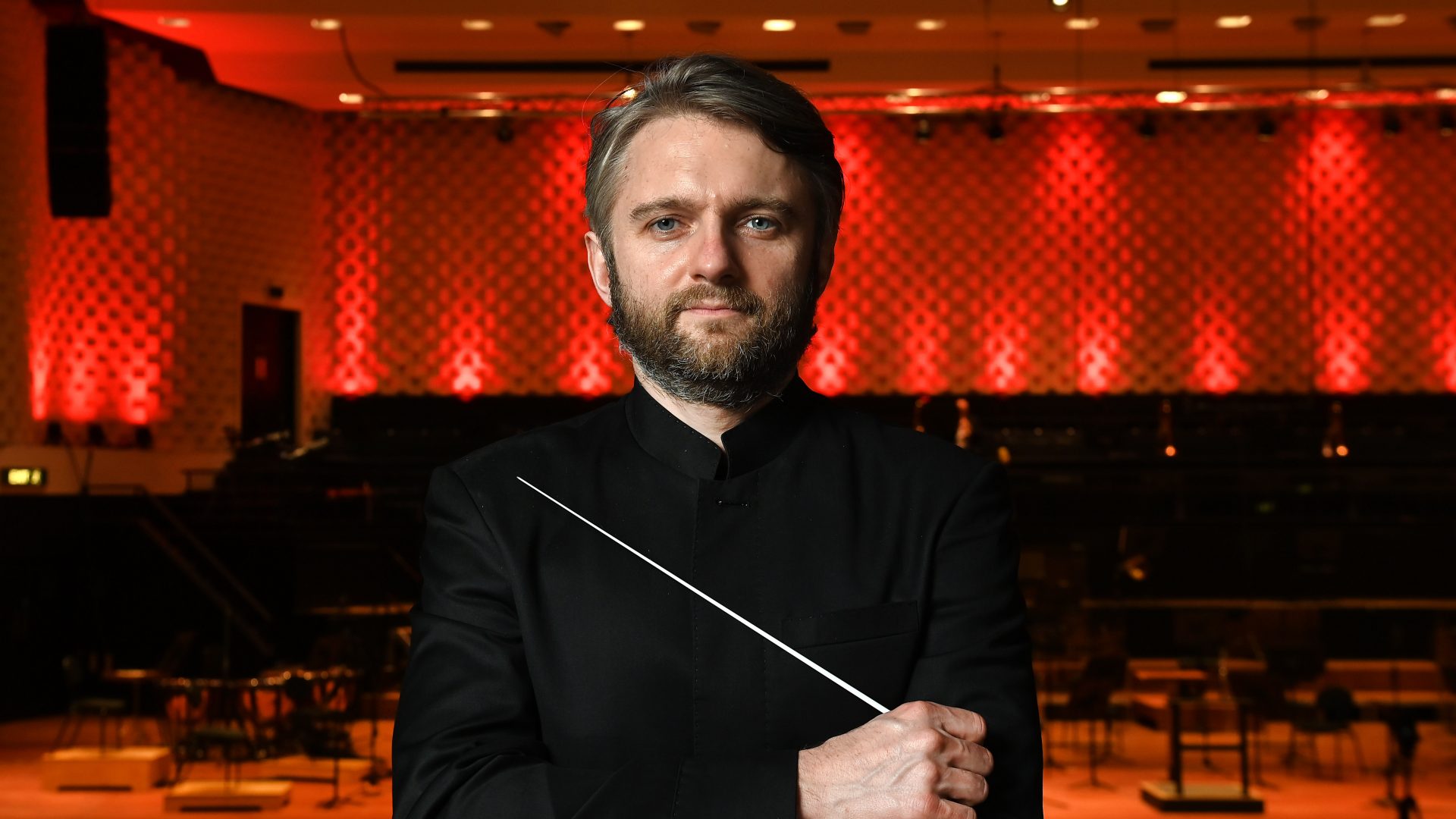Both Bártok and Beethoven sought to change music and its effect on audiences through their formidable works. Bartók’s Romanian Folk Dances are by turns spirited, haunting and angular, almost schizophrenic in character; a spectral set of miniatures designed to thrill and unsettle. Beethoven’s perennially popular and very intentionally grandstanding Violin Concerto, in contrast, is an irresistible indulgence. It was something of a disaster when it was first performed (due to the composer’s characteristic failure to complete the second movement until the day of the premiere) but subsequent decades saw it rise to become one of the most beloved violin concertos in the repertoire. Bartók’s fiendish and deliciously chaotic Music for Strings, Percussion and Celesta embodies many of the contradictions that make Bartók’s art so fascinating; it is simultaneously primitive and sophisticated; wild and controlled; serene and terrifying; serious and slapstick. The piece has become a bit of a musical byword for eeriness, and was a favourite of director Stanley Kubrick. Like Beethoven in his concerto, Bartók’s work here is boisterous and idiosyncratic, uniting these titan composers in sheer entertainment value.
2025/26 BSO Digital Concert Season Ticket
Enjoy the BSO from the comfort of your own home online concerts from October to May19 live concerts for just £170. Enjoy the BSO in hi-definition detail from the comfort of your own home.
Find out more




